
How Galaxy S23 TE and XCover6 Pro TE can support multiple missions
Samsung and the Department of Defense collaborated to enhance field teams' mission capabilities with Galaxy S23 Tactical Edition and Galaxy XCover6 Pro.
Get the latest insights from Samsung delivered right to your inbox.
Follow Us
Get the latest insights from Samsung delivered right to your inbox.

Samsung and the Department of Defense collaborated to enhance field teams' mission capabilities with Galaxy S23 Tactical Edition and Galaxy XCover6 Pro.

Samsung's Galaxy S23 Tactical Edition and Galaxy XCover6 Pro Tactical Edition are purpose-built to optimize operational communications between service members.
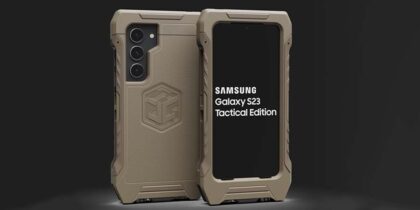
Samsung expands its Tactical Edition mobile devices that support cognitive dominance.

Public agencies need surveillance video wall technology that helps them see the big picture and the details simultaneously.

Security for a video wall is the biggest consideration for government organizations investing in new technology.

Bigger, brighter technologies like direct view LED displays and interactive whiteboards are taking prominence in today's government meeting and modern conference rooms.

Kimberling City police officers use the Samsung Galaxy Z Flip3 smartphone for their body-worn cameras.
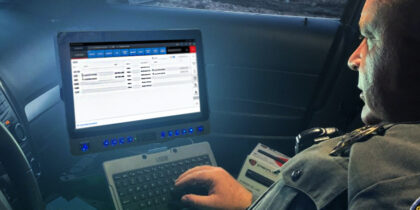
Learn how the Monroe County Sheriff's Office used Samsung smartphones to accomplish their technology goals while saving money.

In remote areas, ATAK on LMRs will improve in-field decision making and the safety of first responders during critical operations.

Governments are crowdsourcing innovation, allowing them to embrace technology trends while driving down costs.

The White House has announced that government agencies will make open source code available for everyone to view, research and use on its Code.gov website.

While government agencies embrace the idea of equipping their employees with mobile devices, they express concerns around mobility management and security.
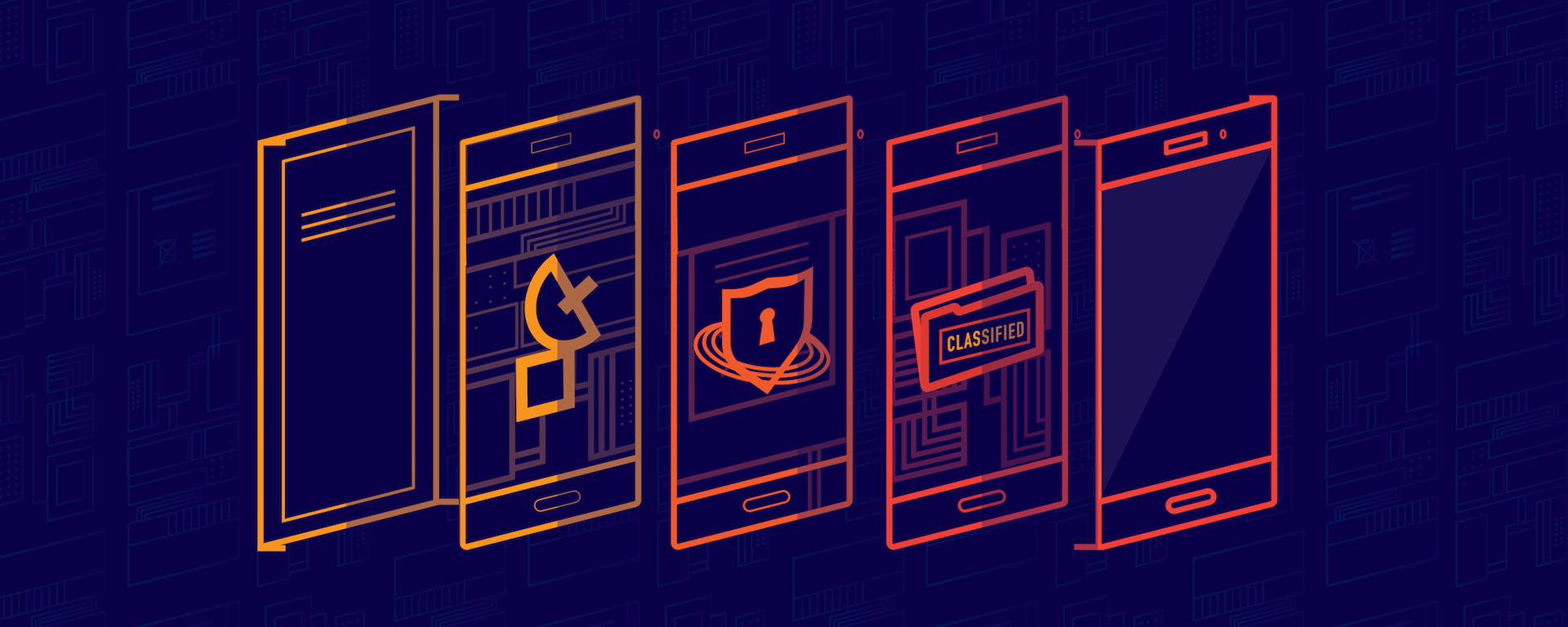
By complying with DoD standards, Samsung Knox is able to deliver a military-grade phone without sacrificing productivity.

Data-driven marketing is helping organizations produce compelling results by making data more understandable and accessible.

Citizens are looking to technology to drive open government programs, leading some governments to respond with innovative solutions.

With the threat of government security breaches on the rise, agencies are increasing their focus on cybersecurity.
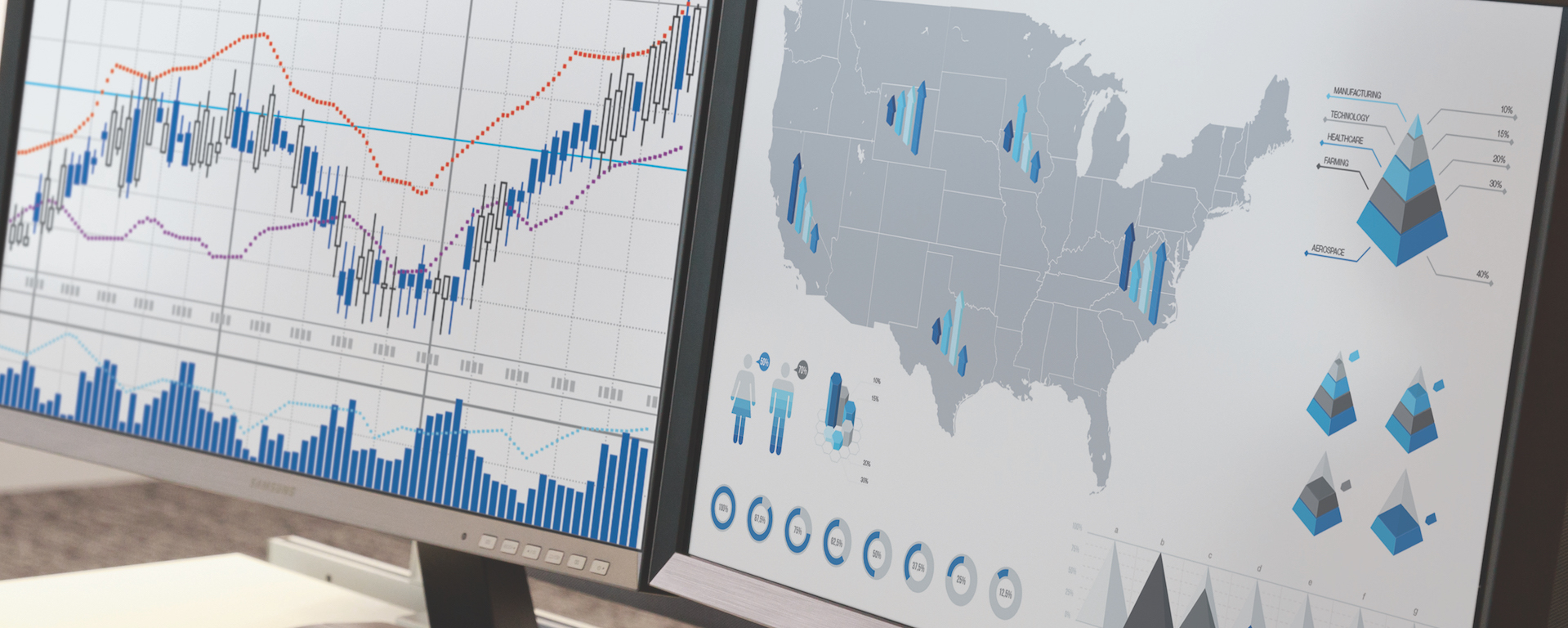
Government transparency has prompted a new website from Data USA, which provides government data to the public in an accessible format.

Digital signage and related DMV technology can remove pain, frustration and tedium from visits to the DMV or other government agencies.
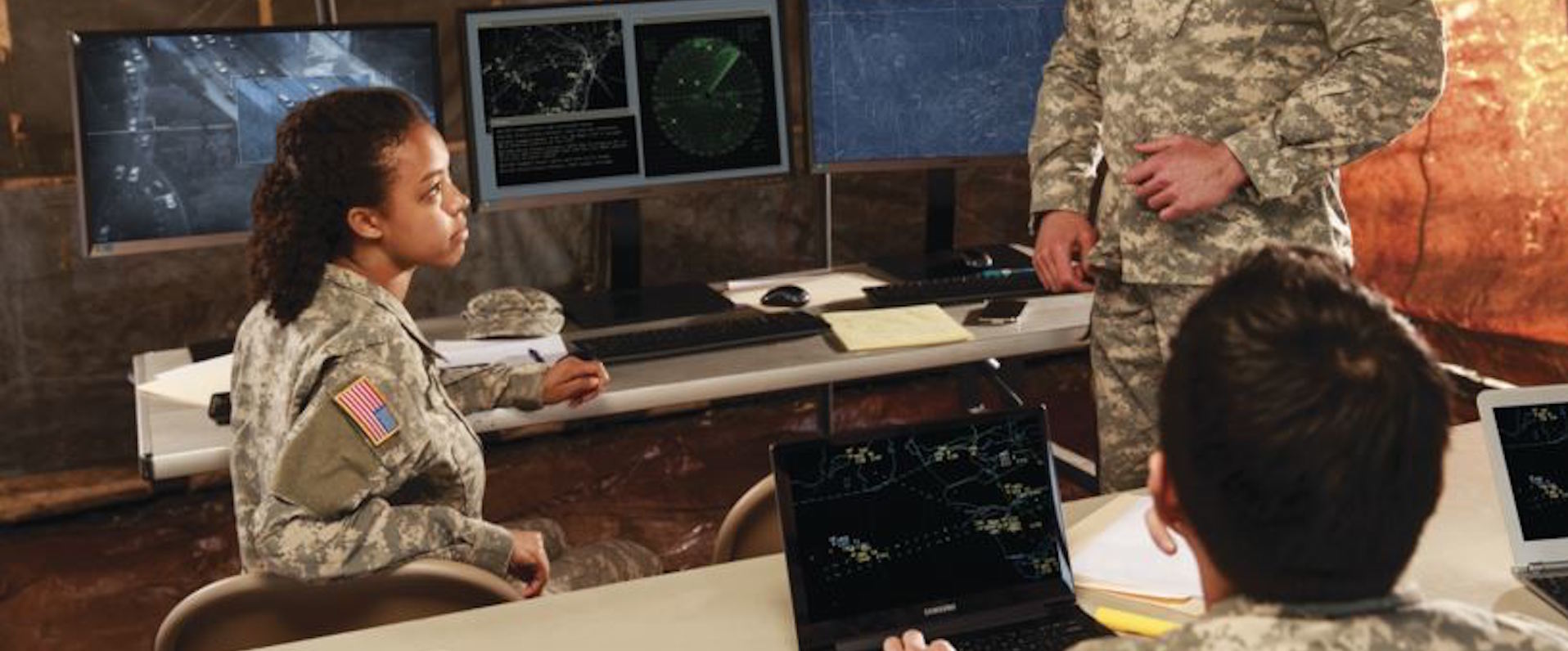
Why is the military increasingly turning to virtual reality training? Much of the answer simply comes down to risk.